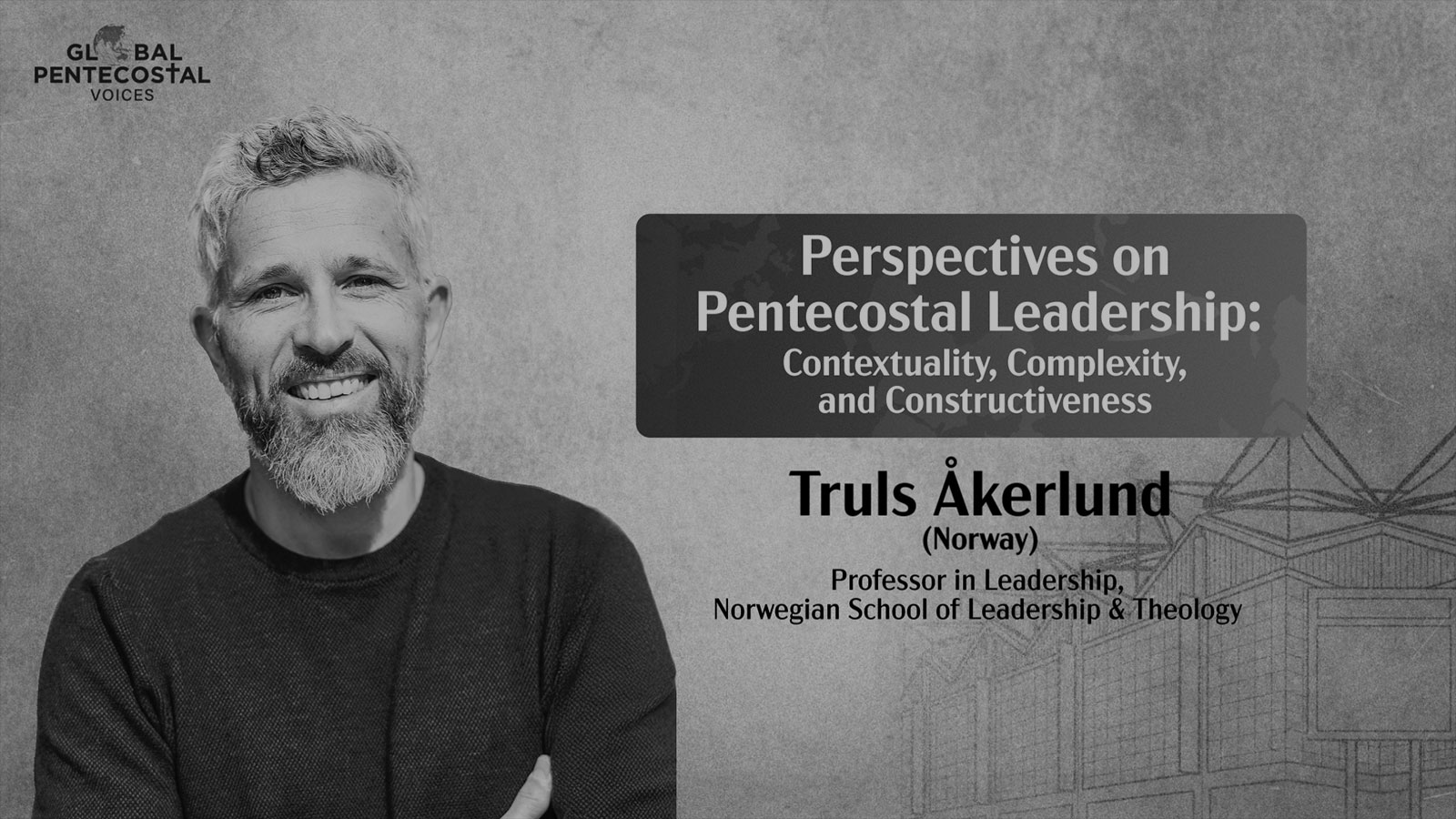F.M. and Ada Thompson Professor of Biblical Studies,
Asbury Theological Seminary

Craig S. Keener is the F. M. and Ada Thompson professor of Biblical Studies at Asbury Theological Seminary. He holds a PhD in New Testament and Christian origins from Duke University.
Dr Craig has authored nearly 100 academic articles and over 200 popular-level articles, along with 37 books—with more than 1.4 million copies in circulation. His IVP Bible Background Commentary: New Testament, which provides cultural background for each passage of the New Testament, has sold over half a million copies.
He is widely recognised for his work on cultural background studies, miracles, and commentaries on several New Testament books, including Matthew, Romans, 1 & 2 Corinthians, Galatians, 1 Peter, Revelation, John, and Acts. He is currently working on a multi-volume commentary on the Gospel of Mark.
Dr Craig serves as the New Testament editor for the NIV Cultural Backgrounds Study Bible and was president of the Evangelical Theological Society in 2020. His work has earned 13 national and international awards, including six from Christianity Today, and he continues to shape global biblical scholarship through both academic and popular-level contributions.

Leadership is a complex phenomenon that cannot be easily defined as a single concept. Still, it is often understood as a set of social processes that influence people towards common goals—an approach that I will follow in this study. Drawing from general leadership theory and research on Pentecostal leadership, I will emphasise the interaction between leaders, followers, and the spiritual dimension, leading to a constructivist perspective on leader-follower relationships. The article will first address leadership in various settings, emphasising the need to contextualise leadership in different cultures, but also keeping an analytical distance to avoid dominating discourses that break with Christian perspectives. Second, I will discuss the complexity in Pentecostal leadership, especially the collaboration between divine and human interventions, the dialectic connection between agency and structure, and the ambivalence and tension between leaders and followers in ecclesial settings. Finally, I will highlight the constructive relations between leaders and followers. While leaders hold a formal position, leadership is also a social phenomenon effective only if it makes sense to church members, implying that the leader’s task is not to create everything from scratch but to build relationships and draw from the resources and spirituality present within the congregation.
© 2025 City Harvest Church. All Rights Reserved.